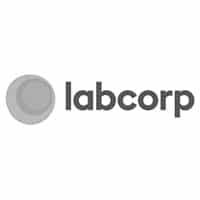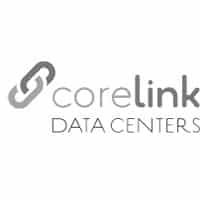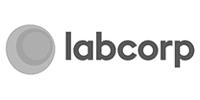Data hosting is a serious concern for businesses everywhere. Choosing the right service can hold back your organization or give it a push in the right direction. Without data hosting services adequate to your current needs and adaptable enough to offer you solutions for future growth, the technology your organization relies on will not be up to the challenges posed by a rapidly changing industry.
Today there is a wide range of hosting services available for organizations of all sizes. Each type of data hosting has particular advantages as well as potential drawbacks. Understanding the unique features of each of these hosting options allows you to maximize the advantages of the hosting service you ultimately select. This information will help you zero in on the hosting solution that is the best fit for your organization.
In-House Server
In-house server options are arguably the most straightforward server solutions that an organization can select. All the equipment is purchased, maintained, and upgraded by the organization using it. The server equipment is kept somewhere on site. There is typically a team or department tasked with maintaining the server function and keeping the system running smoothly.
This server option gives you the ultimate flexibility in terms of structure and resource deployment. Members of your organization have the final say with regards to what equipment is selected and how it is taken care of. Security is also under the direct control of the organization. Though this element of control is highly attractive to some businesses, in-house servers require a considerable investment. Physical space has to be dedicated to server storage; improved cooling and ventilation solutions may have to be added to this space to create a climate optimal for computer function. This can be a problem for organizations with limited available space.
Dedicated Hosting Service and Shared Servers
Dedicated hosting service lets clients lease a server that is dedicated to their needs alone. It is not shared with any other client served by the data hosting company. This allows the lease holder to exercise full control over hardware, operating system, and other technical aspects. The hosting company is responsible for physical security, system maintenance, and even IT support services. Though an organization would give up some degree of control, this hosting option offsets many of the necessary investments that an organization would have to make in order to accommodate in-house servers. Though organizations can comparison shop for the most competitive price, clients are typically locked into a contract for a certain period of time.
Shared server solutions have many of the same qualities as dedicated hosting. The difference is that instead of leasing an entire server, the client leases space on a server shared by other clients. Each client is allotted a certain amount of server space which can then be used for website hosting or other data storage.
Managed Dedicated Server
This option is tailored to organizations that do not have the space to house complex server equipment or the means to develop their own server management team. Managed dedicated server hosting services bundle together everything necessary for hosting and then offer these bundled products to their clients. This hosting solution can cost more than other options but makes many specialized services available to clients. Technical services such as the following are offered by many managed dedicated server host companies:
- Database management
- Server monitoring
- Firewall, backup, and recovery
- Virus and spam protection
- Software updates
- Security audits
Virtual Private Server
This is similar to dedicated and shared server hosting except that in this case, a virtual machine is used instead of a physical one. These virtual machines provide many of the same benefits as a physical hosting service, though may not be able to deliver the same kind of performance power since host-end processing has to be shared among numerous virtual private servers. Virtual private servers are quite cost competitive compared to other hosting solutions. This is a popular choice among organizations looking for website hosting services; in fact, many web hosts offer virtual private server space for their clients to use.
Cloud Hosting
Cloud hosting services are a relatively new innovation that has seen divisive opinions regarding its usefulness and ease of application. However, cloud-based solutions have certain characteristics that are an excellent fit for some businesses.
Cloud hosting is made possible by cloud computing. Computers in a cloud configuration work together to provide the services essential for modern business function. This collective effort means that a single machine can fail without compromising the overall function of the cloud; the services can continue uninterrupted while the broken element is addressed. Cloud hosting therefore can provide highly reliable server functions; this has significant advantages in terms of security and stability.
Some businesses are hesitant to adopt cloud hosting solutions for their server needs because this approach is relatively new. There are concerns about the long-term usefulness of this server solution as well as overall data security. Because cloud hosting has received so much industry attention since its introduction, it is fairly easy for business owners to find authoritative analyses of the viability of cloud hosting. Though cloud hosting offers a great deal of flexibility and a number of useful features, the concerns particular to each individual organization have to be considered before selecting this, or any other, data hosting option.
Selecting a hosting solution for your organization is a very important decision and should be made only after a thorough examination of all available options. With a little effort you can narrow down your options to the ones that make the most sense for your organization.




























